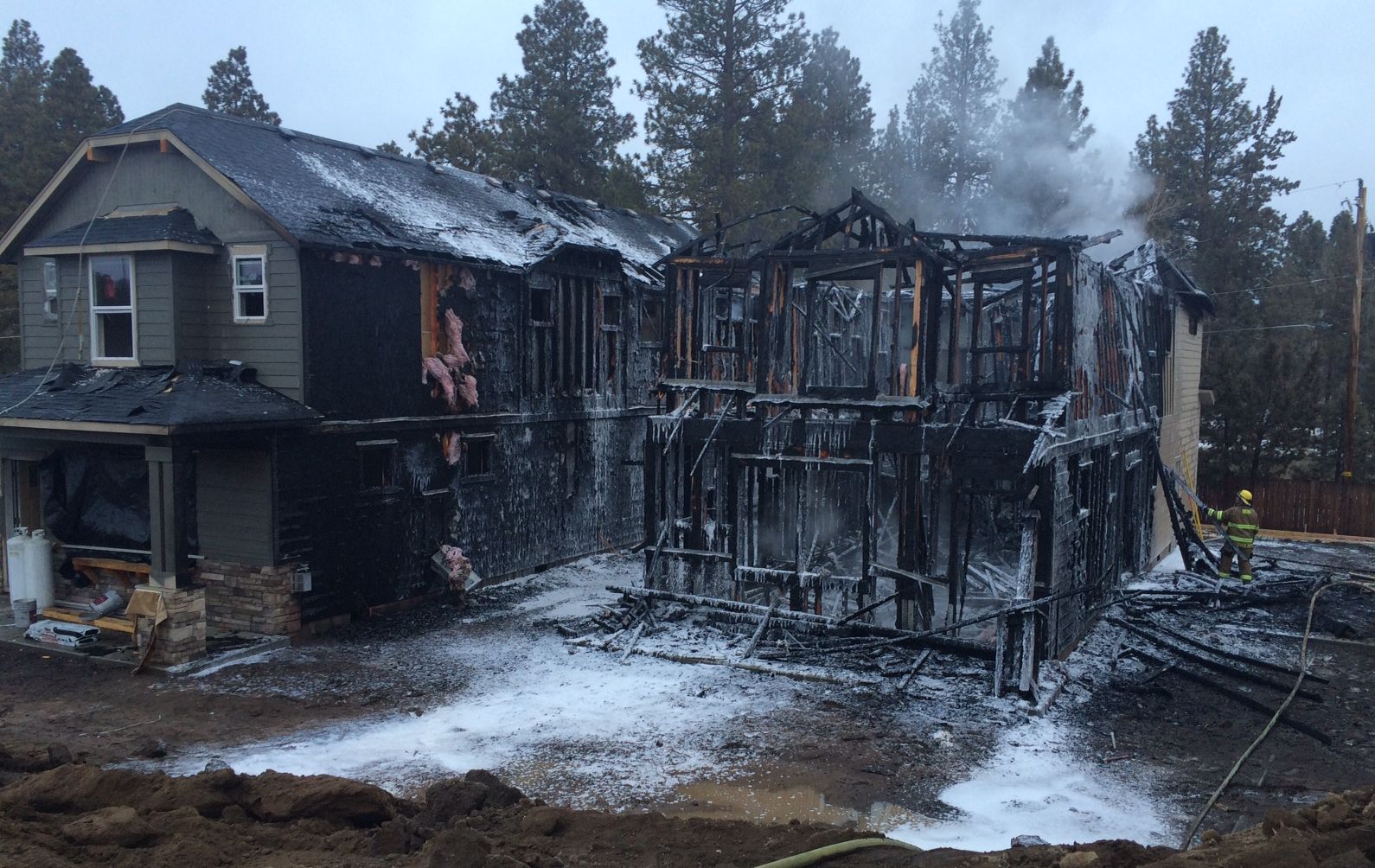BEND, OR -- Bend Fire and Rescue is preparing to receive a fleet of six new ambulances, in the next week. "They’re all going to show up at essentially the same time from Salt Lake City," Battalion Chief Dave Howe tells KBND News. "They’re getting their striping, their radios, their lights and all that stuff put in there right now. And, along with that, they’re getting a whole bunch of new equipment."
When those new units roll out, medics will begin carrying an antidote for cyanide poisoning. Howe says it’s a treatment that’s become more necessary because fires now involve more than just materials made from wood, metal and paper. "Now, everything’s made of plastic. And, it burns about 10 times hotter and more toxic than what we were used to in the old days. Although, we don’t have that many house fires, when we do have a house fire, if anyone is inside of it or near it, they’re much, much more likely to be exposed to Hydrogen Cyanide."
Firefighter/Paramedic Garret Caster says that while smoke in a structure fire can contain all kinds of toxic chemicals, Hydrogen Cyanide is one of the most dangerous. "It acts really fast; it acts through asphyxiation through the cellular level." Caster says it's just one more option in their life-saving toolbox. The antidote starts as a powder and is delivered through an IV by a paramedic on-scene when someone shows symptoms of cyanide inhalation.
Crews finish training on the antidote, this week.




